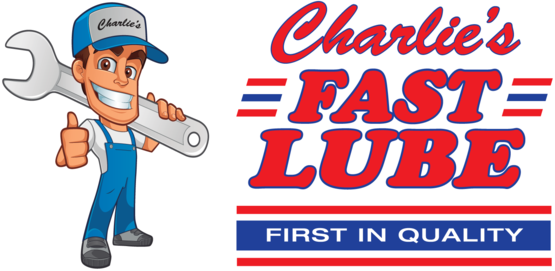Taking the Heat (Heater Hose Maintenance/Repair)
August 1, 2021
If you have an internal combustion vehicle, you know it has a lot of hoses that carry various fluids. And if you have a heater in your vehicle, you'll have heater hoses.
A heater hose connects to and from the engine so some coolant can be circulated through a little radiator called a heater core. In cold weather, that heater core acts as a heat exchanger to heat up your cabin.
Even in the hot weather, the heater hoses can prove problematic. That's because they may remain pressurized even though you're not running your heater. Heater hoses are made out of tough materials since they must handle heat and pressure. But even the durable rubber, plastic and metal they are made out of can crack or leak from years of use. That means coolant can be sprayed out into the engine compartment or leak onto a driveway or garage floor.
You may be able to see a puddle of coolant under your vehicle or perhaps smell the odor of the coolant under the hood. Some say it has a sweet smell. Another sign coolant may be leaking out of the heater hoses is your engine may be running hotter. You'll be able to tell by watching the heat gauge on your dash. Let's say your heat gauge usually points just slightly below halfway between the C and H (Cold and Hot) of the heat gauge. But now it is just slightly above. That's enough to tell you that the coolant temperature has gone up a little, a possible sign of trouble.
This is a good time to swing by your service facility and have them take a look. If they catch the leak when it's small, it's a relatively simple matter of draining the coolant, replacing the hoses and replacing the coolant. Sometimes, though, a heater hose can suddenly burst and a lot of coolant can leak out quickly. That can, in turn, cause your engine to start to overheat. In that case, you may see your vehicle's temperature gauge shoot up pretty quickly. Then it's best to pull over and have your car towed to a repair facility since driving with no coolant can cause severe engine damage.
Preventative maintenance is your best insurance against heater hose problems. A technician will periodically check for any signs of cracks or leaks. You should expect to replace a heater hose at least once during the time you own your vehicle.
Charlie's Fast Lube Jackson
1901 E. Jackson Blvd.
Jackson, Missouri 63755
575-243-2226
http://www.charliesfastlubejackson.com
Need Service?
More articles from Charlie's Fast Lube Jackson

Low Power Mystery (Ignition Coil Service)
April 6, 2025
It's no fun when your vehicle just doesn't run the way it used to. You may notice (especially in cold weather) the engine won't start easily or when it does start, it doesn't run smoothly. It may not have much power at all. You also may have had to stop at the gas station more often, a sign you... More

Feeling Powerless (Why Is My Battery Light On?)
March 30, 2025
When one of your vehicles warning lights comes on, the first thing that comes to mind is, Oh, no, whats wrong now? When its the battery light, it means theres something wrong with your vehicles battery or charging system. And because both are important for your vehicle to work properly, its a go... More

Your Vehicle's Hissy Fit (AC System)
March 23, 2025
When you hear hissing sounds coming from your vehicle, you might start thinking the worst. One type of hissing coming from around your air conditioner may be a normal sound, or it could be a sign of serious trouble. First - the normal sound. When you turn off your vehicle, the refrigerant goes... More










